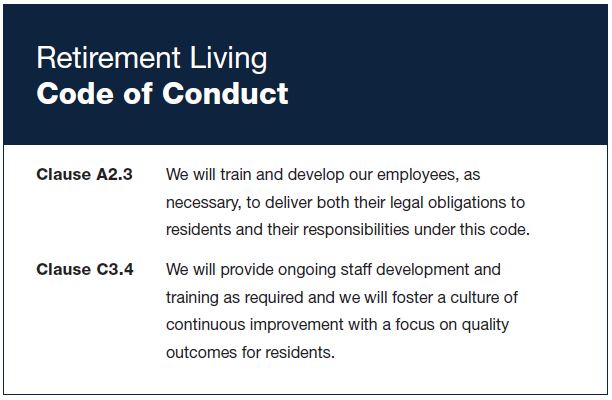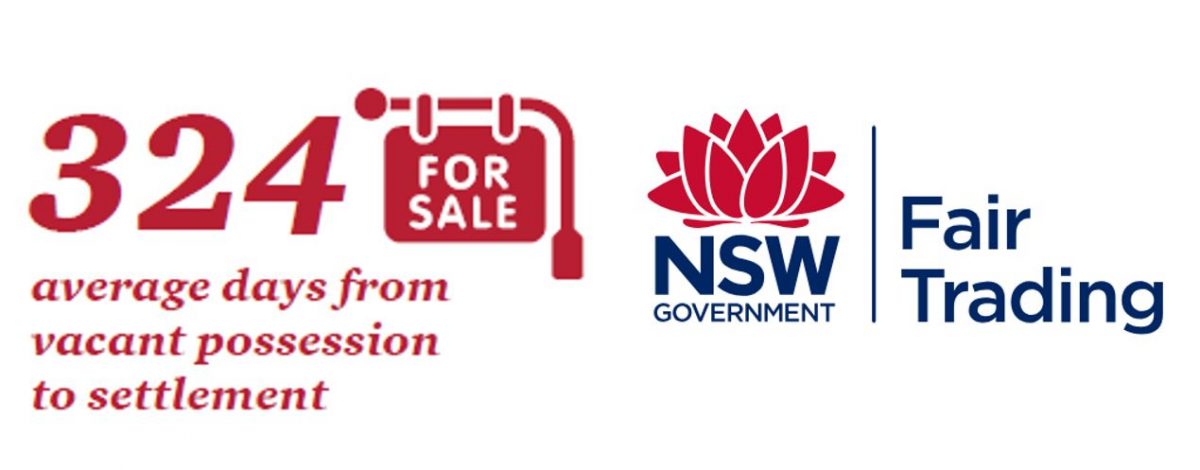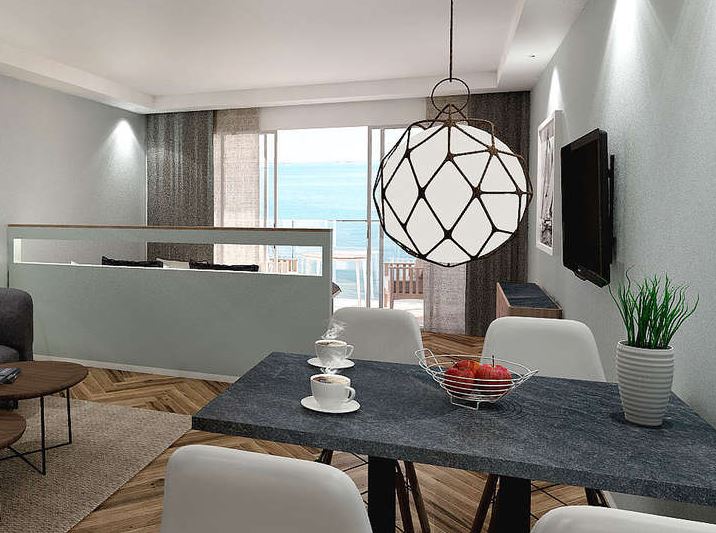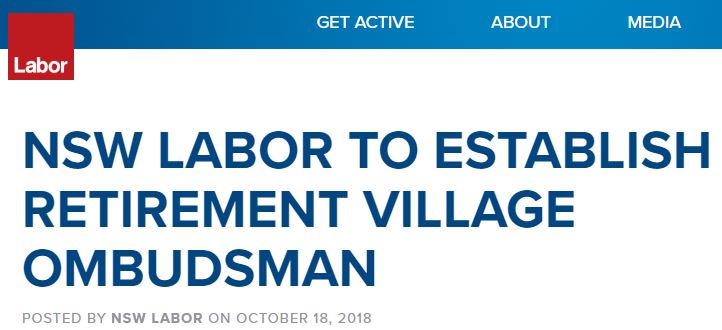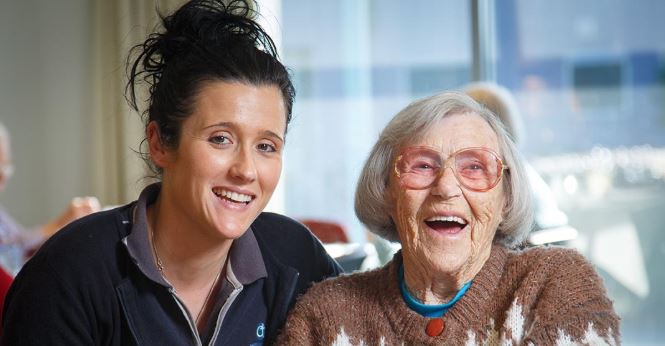If your village operator is a member of LASA (Leading Age Services Australia), the Retirement Living Council or the Property Council, you will be looking to implement the new retirement village Code of Conduct between now and December.
The Code of Conduct is a 30-page document that outlines how each village intends to conduct itself with residents. If you would like a copy, click HERE.

The Code is voluntary but there is a big push coming for every operator to take it up. Ask your boss!
Village management has until December to implement the Code. From January the requirements must be operating and each village accountable.
‘Severe’ breaches of the Code will result in the village being ‘sanctioned’ – named and shamed on the industry website.
From the picture at the top, you can see that ‘training’ has to be seen to be provided to you, and for it to be real and relevant training.
Have you got training in your 2020 budget? Have you discussed with your operator who will pay for training? How much should you allocate?
A tip. A KPMG focus group of operators all said the operator should pay and nominated $2,500-$3,000 for two days training, as a start.
This is an investment in your village, the success of the Code of Conduct, and of course yourself.
Our VILLAGE SUMMIT has been built around the Code of Conduct and the new accreditation system. (More about accreditation next newsletter).
Learn more about the VILLAGE SUMMIT HERE.

